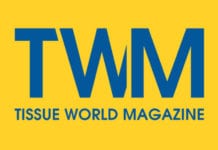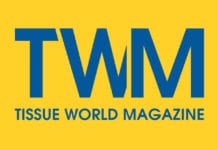Essity has reported an 8% increase in net sales to SEK 109,265m in its 2017 year-end results.
The company attributed the increase to a rise in sales of higher priced products and growth in emerging markets, which it said helped it to offset rising pulp costs.
Net sales for the fourth quarter of 2017 increased 7.1% to SEK 28,664m compared with the corresponding period a year ago. Organic sales for the quarter increased 1.8%.
The company said they were negatively impacted by lower market growth due to such factors as price pressure and as a consequence of the discontinuation of “certain underperforming market positions and contracts”.
It said: “The global market for hygiene and health products was challenging in 2017. Emerging markets noted higher demand.
“The European market for consumer tissue demonstrated low growth and increased competition. The Chinese consumer tissue market noted higher demand.”
In its consumer tissue segment, net sales for the year were up just 1% to SEK42,014m compared to the same time a year earlier. Adjusted EBITA was down 8% to SEK4,084m.
In emerging markets, which accounted for 44% of net sales, organic sales increased by 6.2%. The increase was related to Asia, Latin America and Russia.
For the fourth quarter, the consumer tissue segment reported a net sales decrease of 0.8% to SEK11,026m.
The decline was mainly related to lower prices and lower volumes.
In emerging markets, which accounted for 45% of net sales, organic sales increased by 8.3%. The increase was mainly related to Asia, Russia and Eastern Europe.
The company added that higher raw material costs were mainly the result of significantly higher pulp prices.
It said: “Better price/mix, higher volumes, cost savings and lower energy costs had a positive impact on profit. Selling prices were higher in Asia and lower in Europe.”






























